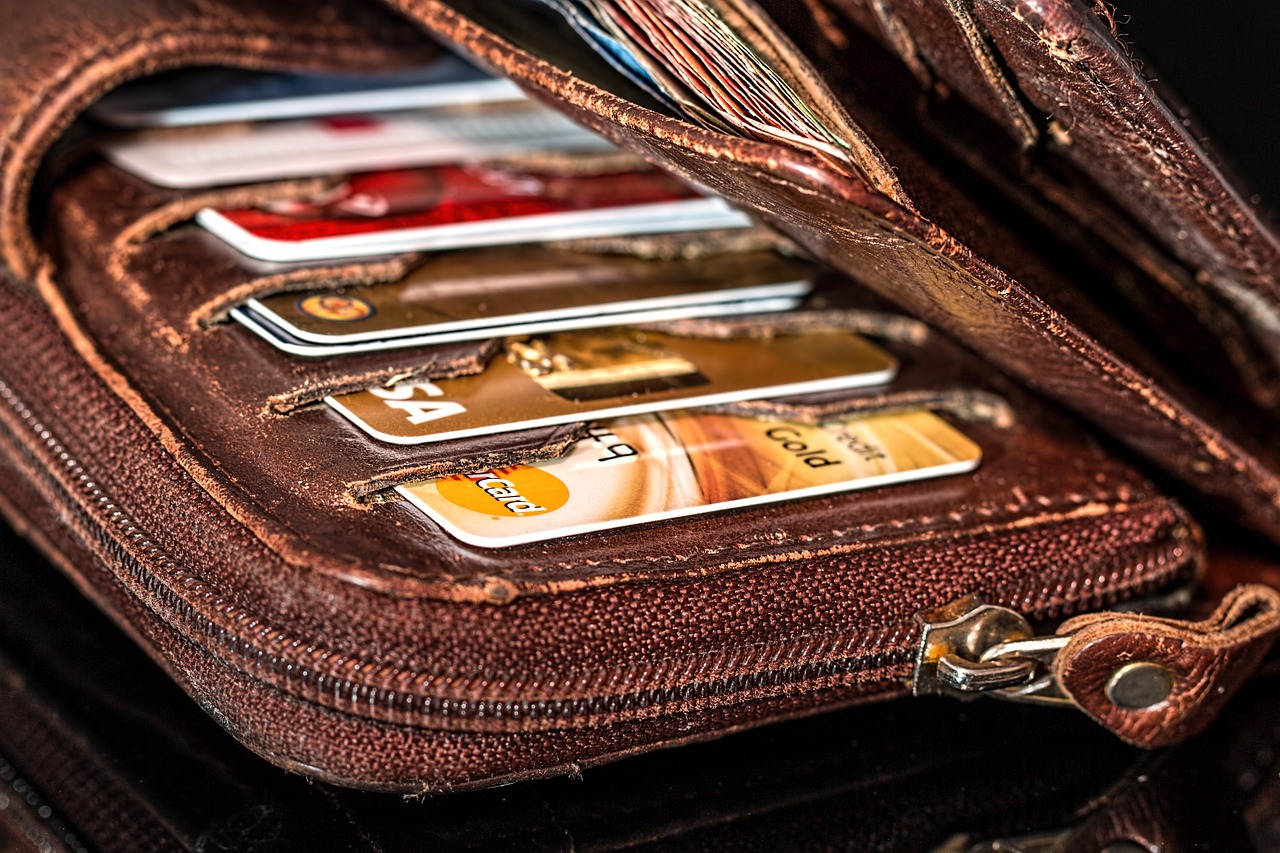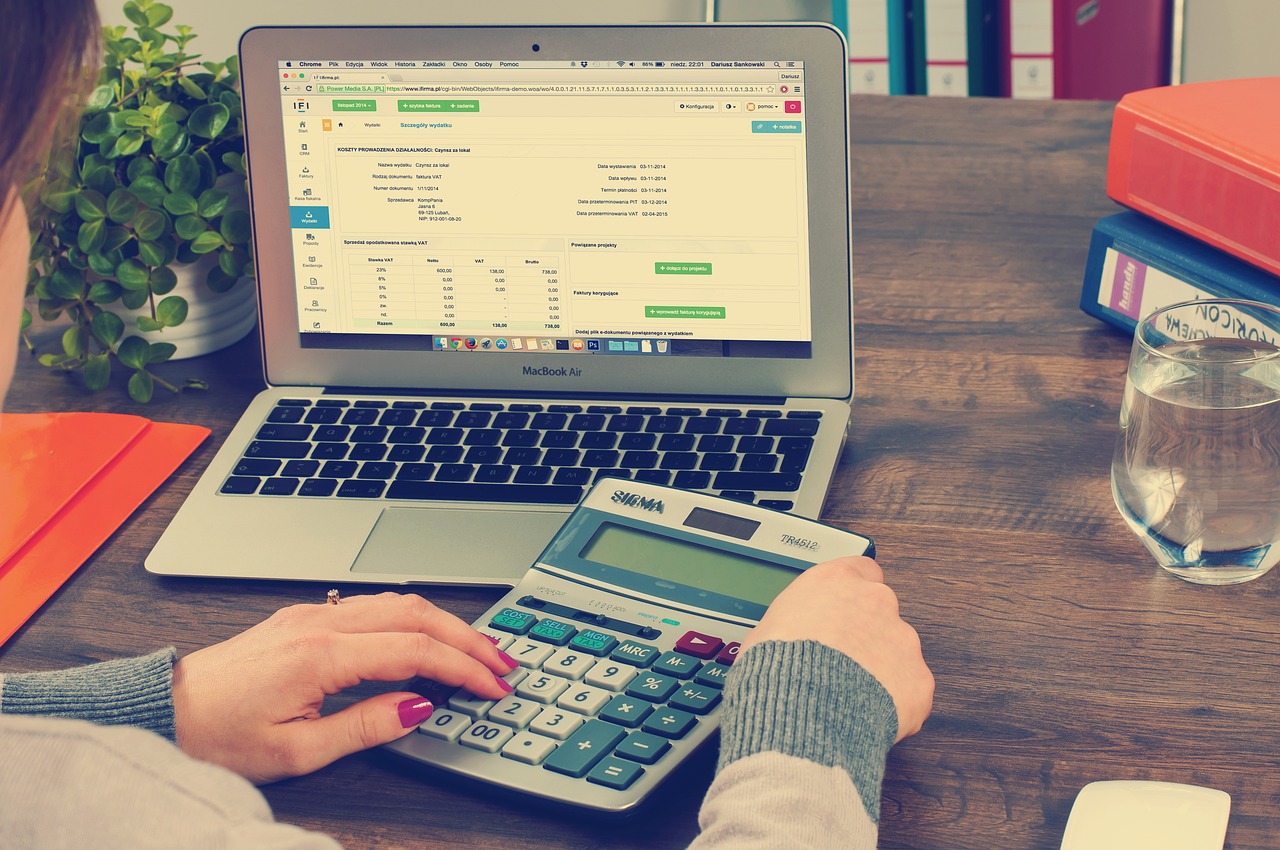Debt has become an unfortunate reality for many people. Whether it’s credit card debt, student loans, or car loans, being burdened by debt can have severe implications for an individual’s financial well-being and mental health. This article provides a comprehensive guide to help you regain control over your finances and embark on the journey towards a debt-free life.
1. Assess Your Financial Situation
The first step to getting out of debt is understanding your current financial situation. Make a list of all your debts, including the total amount owed, interest rates, and minimum monthly payments. Organize your debts from the highest to the lowest interest rate to identify which debts are costing you the most in interest.
Next, take an honest look at your income and monthly expenses. Create a budget that outlines your necessary expenses, such as housing, groceries, utilities, insurance, and other essentials. Additionally, include discretionary spending, such as entertainment and dining out. Make sure to account for your minimum debt payments as part of your expenses.
2. Establish Financial Goals
Setting financial goals is crucial for staying motivated and on track. Your main goal is to get out of debt, but consider breaking it down into smaller, more achievable milestones. This might include:
- Paying off a specific high-interest debt
- Reducing your overall debt by a certain percentage
- Saving an emergency fund of a certain amount
Write your goals down and create a timeline for achieving them. Remember to celebrate your accomplishments along the way to maintain motivation.
3. Create a Debt Repayment Plan
Once you have assessed your financial situation and established goals, create a debt repayment plan. Two popular methods are the debt avalanche and debt snowball.
- Debt Avalanche: Focus on paying off the debt with the highest interest rate first, while still making minimum payments on your other debts. Once the highest interest rate debt is paid off, move on to the next highest, and so on. This method saves you the most money in interest over time.
- Debt Snowball: Focus on paying off the smallest debt first, while making minimum payments on the others. Once the smallest debt is paid off, move on to the next smallest, and so on. This method offers quicker wins, which can boost your motivation and sense of accomplishment.
Choose the method that best aligns with your personality and financial goals.
4. Reduce Expenses and Increase Income
To pay off your debts faster, you’ll need to free up additional money in your budget. Look for areas in which you can reduce expenses, such as:
- Cutting back on non-essential spending, such as eating out or entertainment
- Shopping smarter for groceries and other necessities, using coupons, and buying in bulk
- Reducing or eliminating subscriptions and memberships
- Refinancing high-interest loans or mortgages
- Negotiating lower rates with service providers, such as cable, internet, or cell phone companies
Simultaneously, explore ways to increase your income. This might include:
- Asking for a raise or promotion at work
- Working overtime or picking up a part-time job
- Freelancing or starting a side hustle
- Selling unneeded items online or hosting a garage sale
Any extra money you generate should be directed towards your debt repayment plan.
5. Build an Emergency Fund
An emergency fund is a safety net that helps you avoid taking on more debt in case of unexpected expenses, such as medical bills or car repairs. Aim to save at least three to six months’ worth of living expenses in an easily accessible, interest-bearing account.
Start by allocating a portion of your monthly budget towards your emergency fund, even if it’s a small amount. As your debts are paid off, increase your emergency fund contributions. This will provide a financial buffer and help you maintain momentum in your debt repayment journey.
6. Focus on Changing Habits
Getting out of debt is not only about the numbers but also about changing your mindset and habits. Reflect on the behaviors that led to your debt in the first place and work on cultivating healthier financial habits. Consider the following:
- Adopt a frugal lifestyle: Embrace living within your means and prioritize saving money over unnecessary spending.
- Utilize a budgeting app: Tracking your spending through an app can help you stay accountable and identify areas where you can cut costs.
- Prioritize needs over wants: Learn to differentiate between essential and non-essential expenses and prioritize your spending accordingly.
- Improve your financial literacy: Read books, attend workshops, or take online courses to expand your knowledge of personal finance and make informed decisions.
7. Monitor Your Progress
Regularly monitor your progress towards your financial goals. Review your budget, debt balances, and savings on a monthly basis to evaluate your performance and make any necessary adjustments. As you pay off debts and achieve milestones, celebrate your accomplishments, and use these victories to fuel your motivation.
8. Consider Debt Consolidation or Professional Help
If you’re struggling to manage multiple debts or high-interest rates, consider debt consolidation. This involves taking out a new loan to pay off your existing debts, ideally at a lower interest rate. This can simplify your repayment process and potentially save you money on interest. However, carefully weigh the pros and cons, as consolidating debt may not be the best option for everyone.
If you find yourself overwhelmed and unsure of how to proceed, consider seeking professional help. Non-profit credit counseling agencies and certified financial planners can provide guidance and support in creating a debt repayment plan tailored to your unique situation.
Conclusion
Getting out of debt may be a challenging and time-consuming process, but it’s an achievable goal with dedication, persistence, and a strategic plan. By assessing your financial situation, setting goals, creating a debt repayment plan, reducing expenses, increasing income, building an emergency fund, and adopting healthier financial habits, you can work your way towards financial freedom and a debt-free life. Stay focused on your goals, celebrate your progress, and never be afraid to seek help or adjust your plan as needed.



